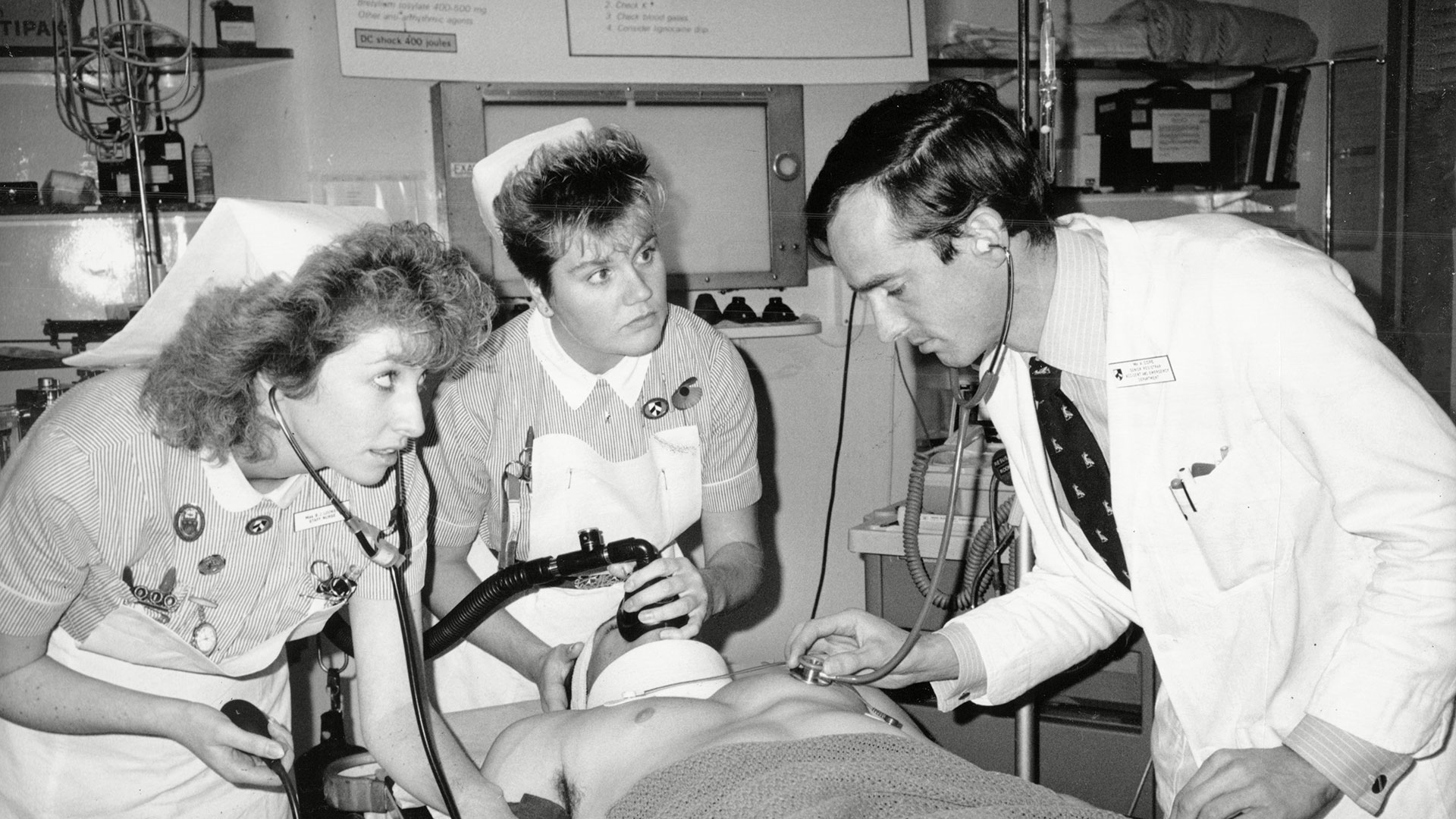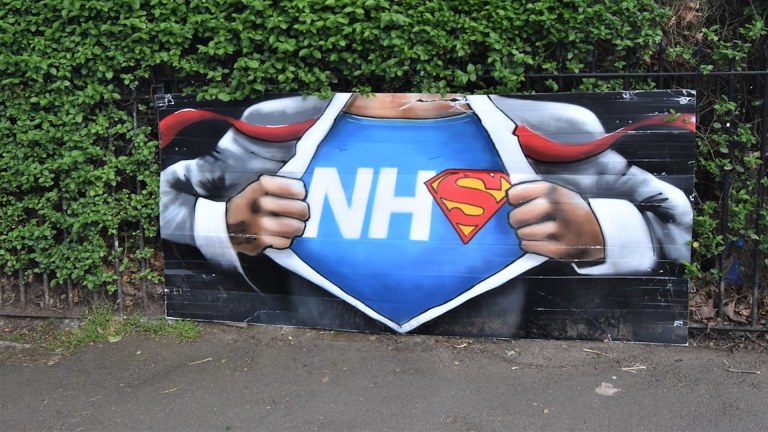“Better understanding such causes and effects can help improve the health of whole populations,” Sinclair continues. “For example, it was NHS data that was used to comprehensively establish the link between smoking and cancer.”
“The ever-growing amount of health data can also help at an individual level. By better understanding the effect different treatments have on individuals, your doctor can give a more personal diagnosis or treatment. Abacavir, for example, is a drug used by patients with HIV, but it can have some nasty side-effects. Doctors are now able to look at patients’ DNA, determine whether or not they would experience the side-effects and only prescribe Abacavir to those who would not be affected.”
Despite its obvious benefits, the scale and variety of the data involved and concerns around handling this personal, and potentially highly sensitive, information, means that realising the full potential of health data is a complex process.
Unfortunately, much of the data collected by the NHS is currently still paper-based, or held in separate systems, making it difficult to bring together to analyse at scale.
Although long-term savings are predicted from using innovative technology and data in healthcare, investment is needed to make the most of these opportunities, securely, in the NHS.
Scotland is ahead of the curve when it comes to research involving health data, some of which takes place at Edinburgh BioQuarter, a health and science campus located just outside Edinburgh city centre. There is also a broader vision to turn south east Scotland into the data capital of Europe via the City Region Deal. As one of five ‘data-driven innovation’ hubs to be created as part of the Deal, the Usher Institute at Edinburgh BioQuarter aims to secure investment up to £85m to support advances in health and social care, creating more partnership working between researches and the public, private and third sectors.
Scotland is also a leader in establishing ethical frameworks controlling access to data. The Public Benefit and Privacy Panel for Health [PBPP]scrutinises requests to use NHS Scotland data for research purposes.
Dr Angus Ferguson of the PBPP says: “We work to maximise two important public interests: ensuring that the benefits stemming from bona fideresearch are attained in ways that promote public trust and providing reassurance around privacy, confidentiality and information security.
“Good research requires accurate data and, in the healthcare setting, confidentiality and privacy are important to the collection of this sensitive personal information. So, rather than being in opposition, these two interests have elements of a symbiotic relationship, and both need to be carefully considered in order to maximise benefits to the public”.
In addition, the Centre for Biomedicine, Self and Society – part of the Usher Institute at the University of Edinburgh – brings together different researchers to examine social and ethical dimensions of health care and research.
“There is an argument to say that we have a moral obligation to use health data for public benefit,” Sarah Chan from the University explains. “But clearly, data is not always used for the good of society and so it is important that we have strict governance around this technology and that we work with the public to ensure health data is harnessed in a way that benefits everyone.
“It is important that everyone can have a voice in this sort of research,” Chan continues. “If data is not collected from some parts of the population, or if particular communities do not get to have their say about who can access their data, then there is a risk that any research findings will not be as useful to society as a whole.”
Diagnosing with Data is an event at Edinburgh Science Festival 2019 and takes place on Monday 8 April, 8pm at the Pleasance, Edinburgh. Tickets and more information can be found at www.sciencefestival.co.uk










